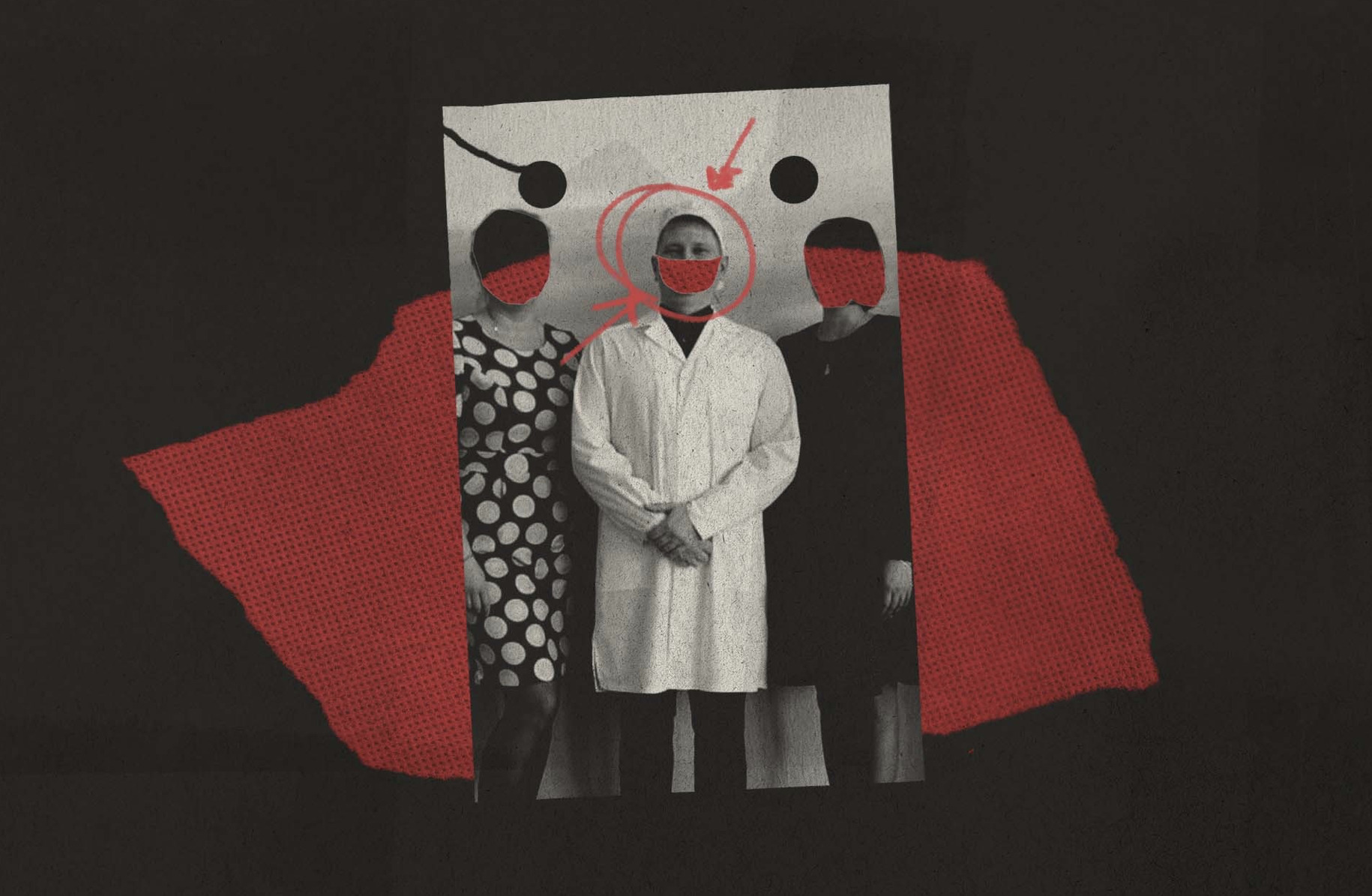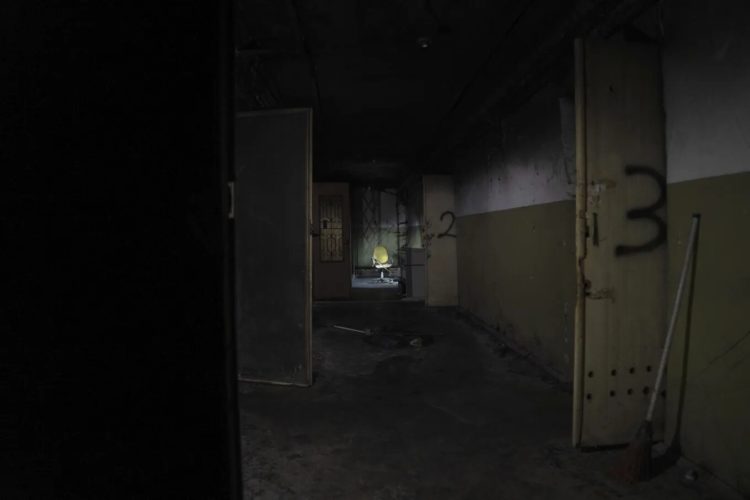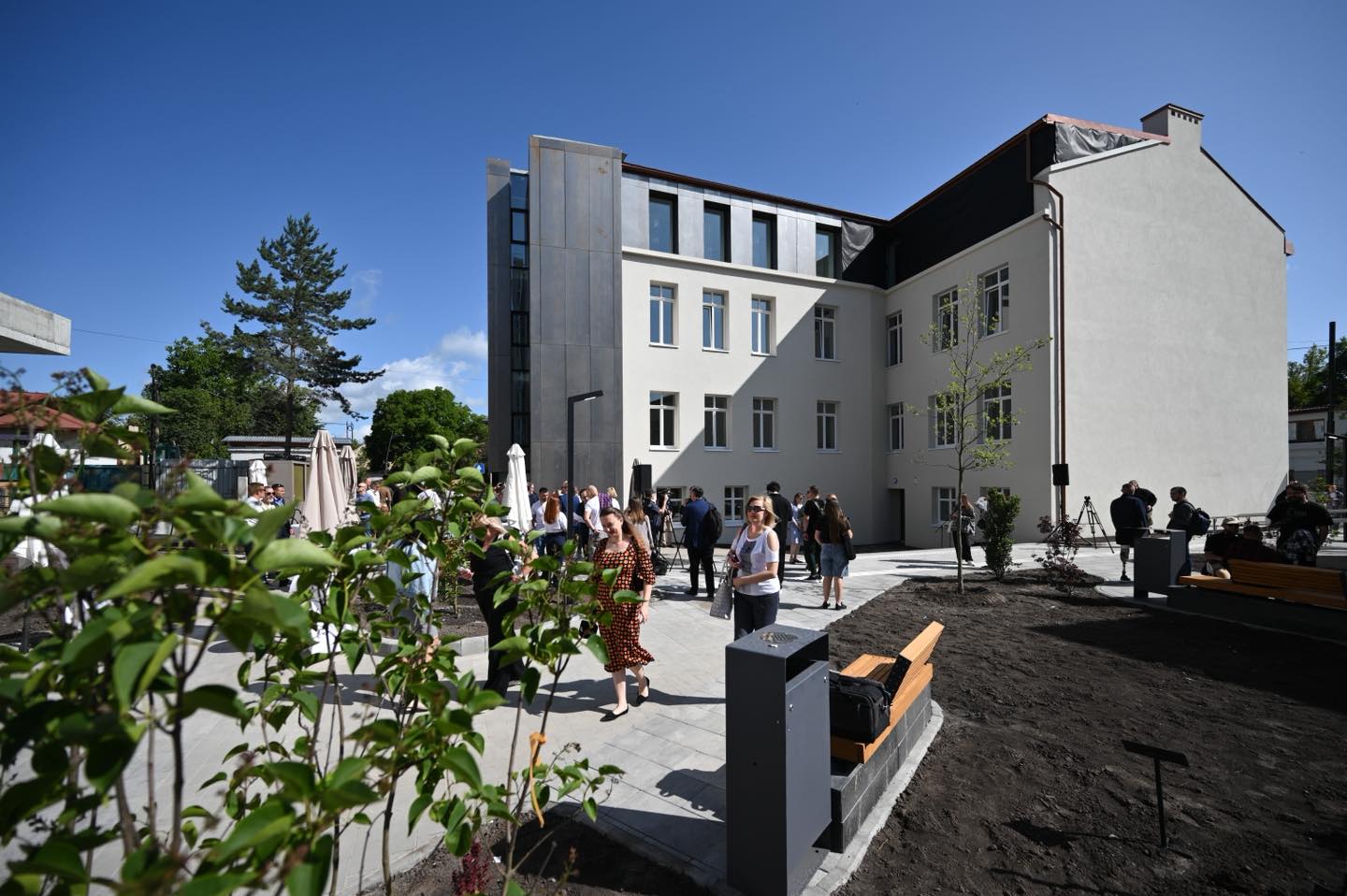Russian authorities are restricting International Committee of the Red Cross access to Ukrainian prisoners of war (POWs), showing inspectors only detainees in relatively good condition during carefully controlled visits.
The revelation comes from an independent expert mission that spent months investigating Russia’s treatment of Ukrainian POWs. Three professors presented their findings in Vienna this week, detailing systematic violations that may constitute war crimes.
“Unfortunately, there is evidence that the ICRC does not have free access to detention facilities,” said French Professor Hervé Ascensio, according to Ukrinform.
Some visits happen. But without full access to prisoners, and too few permits to cover all detention sites.
The access problem runs deeper than occasional denials. Czech Professor Veronika Bílková explained that while the current situation has improved from earlier periods, it falls far short of legal requirements. ICRC representatives sometimes reach Russian prisons holding Ukrainian soldiers, but authorities routinely block visits to certain facilities and prevent private conversations with detainees.

United24: Ukrainian soldier tells how Russian surgeon burnt Glory to Russia on his body while in captivity
Moscow provides very little information
Here’s what’s particularly revealing: Russia operates its prisoner information system in near-total secrecy. Ukraine established a National Information Bureau that collects comprehensive prisoner data and maintains a public website.
Russia created its equivalent bureau under the Defense Ministry in early 2022, but provides incomplete prisoner lists and virtually no public information beyond a family contact phone number.

Russian “Doctor Evil” posts about loving family and medical pride online, while he degrades and tortures Ukrainian POWs in reality
Russian authorities organise staged inspections
Swedish Professor Mark Klamberg uncovered the most damning evidence from former Ukrainian prisoners themselves.
During ICRC visits, Russian authorities presented only healthy prisoners while blocking access to sick or tortured detainees.
“Everything was controlled by Russian authorities, although the ICRC should have free access,” Klamberg said.
The investigation began after 41 OSCE member states activated the Moscow Mechanism in July, following Ukrainian consultations about potential violations of international humanitarian law. The three-member expert mission formed in August specifically to examine prisoner treatment.
Their conclusion: Russian practices toward Ukrainian POWs—including executions, torture, denial of fair trials, and detention in substandard conditions—may constitute war crimes and potentially crimes against humanity in specific cases.
Read also
-
BBC: Ukrainian civilian freed after years in Russian captivity — his story is one of beatings, starvation, and survival
-
Kherson’s mayor who survives dog attacks and mock executions, reveals how he stayed loyal to his homeland in Russian captivity
-
Ukrainian soldier dies weeks after release from Russian captivity with his organs failing due to torture





